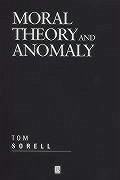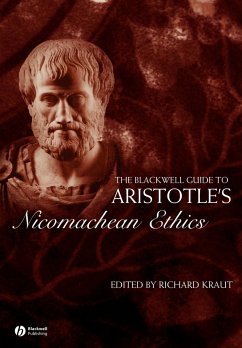
Dimensions of Moral Theory
Versandkostenfrei!
Versandfertig in über 4 Wochen
49,99 €
inkl. MwSt.
Weitere Ausgaben:

PAYBACK Punkte
25 °P sammeln!
Dimensions of Moral Theory examines the key presuppositions and philosophical commitments that support and shape moral theories. Many of the topics discussed belong to "metaethics," the study of moral concepts, language, and thought rather than a study of moral issues themselves. Other topics are under the heading of "moral psychology" and concern fundamental issues about the nature of moral agents, moral motivation, and the roles of reason, desire, and pleasure in moral action and experience. The book introduces metaethical and moral psychological positions and arguments and shows how they ar...
Dimensions of Moral Theory examines the key presuppositions and philosophical commitments that support and shape moral theories. Many of the topics discussed belong to "metaethics," the study of moral concepts, language, and thought rather than a study of moral issues themselves. Other topics are under the heading of "moral psychology" and concern fundamental issues about the nature of moral agents, moral motivation, and the roles of reason, desire, and pleasure in moral action and experience. The book introduces metaethical and moral psychological positions and arguments and shows how they are generated and why they are important. It thereby brings to light some of the most important philosophical problems raised by moral theorizing. This volume formulates these issues of moral epistemology, the metaphysics of moral value, and moral motivation in a clear and rigorous but non-technical manner.












